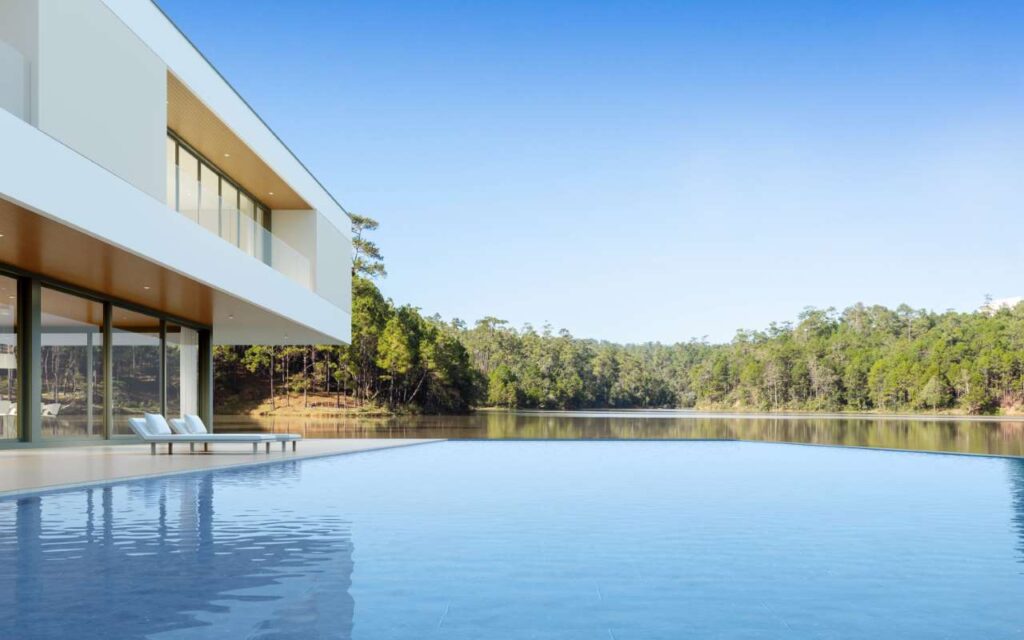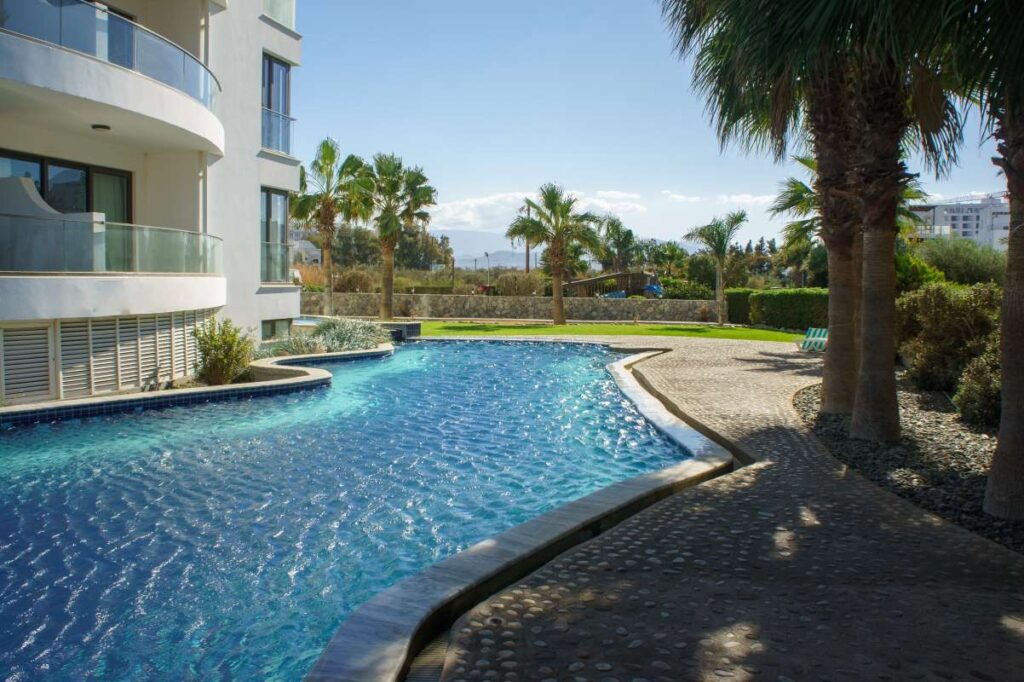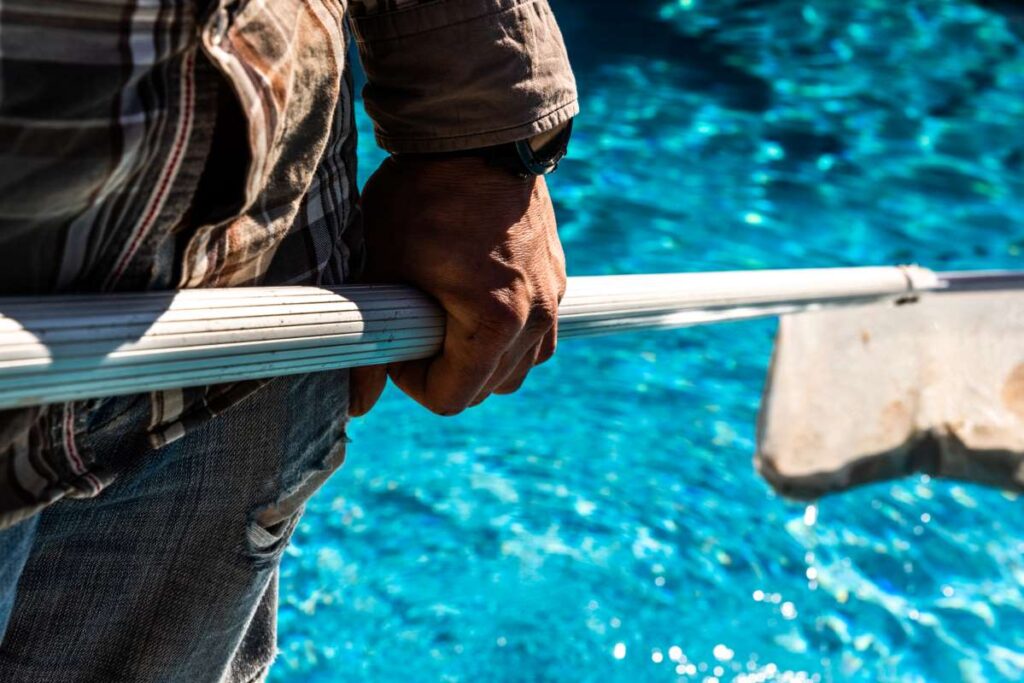Understanding Advanced Filtration Media Like Glass and Zeolite
Explore advanced filtration media like glass and zeolite, their benefits, and applications in water treatment processes. Learn how they improve efficiency!
In today’s world, water quality is paramount. With increasing environmental concerns and the need for safe drinking water, the demand for effective filtration systems has grown significantly. Among the various options available, advanced filtration media such as glass and zeolite have emerged as vital components in the purification process. This blog post dives deep into understanding these filtration media, their unique properties, benefits, and practical applications in various industries. Through this exploration, we aim to provide a comprehensive insight into why these materials are becoming essential in water treatment and purification.
What is Filtration Media?
– Filtration media are materials used to remove suspended solids, dissolved substances, and impurities from liquids, primarily water.- They play a crucial role in various settings, including municipal wastewater treatment, industrial processes, and residential water purification.- Traditional filtration materials include sand, gravel, and activated carbon, but advancements have introduced more efficient alternatives like glass and zeolite.Understanding the basics of filtration media is essential as it sets the groundwork for appreciating the advanced materials we will discuss. Both glass and zeolite possess unique characteristics that make them superior to conventional materials in specific applications.
Glass Filtration Media: Properties and Benefits
Glass filtration media, often made from recycled glass, is becoming increasingly popular in water treatment processes. Here are some key properties and benefits:- High Efficiency: Glass media can capture finer particles compared to traditional sand filters. Their smooth surface prevents clogging, allowing for continuous filtration without frequent backwashing.- Durability: Resistant to chemical degradation, glass media can withstand harsh environmental conditions, ensuring a longer lifespan compared to sand or other organic materials.- Ecological Advantage: Being made from recycled materials, glass filtration media supports environmental sustainability. Utilizing recycled glass reduces landfill waste and conserves natural resources.- Cost-Effectiveness: Due to their durability and efficiency, glass filtration systems may lead to lower operational costs over time, reducing the need for replacement and maintenance.For example, the use of glass filtration in municipal water treatment plants has shown significant improvements in water clarity and reduced need for chemical additives. Additionally, industries that require high-purity water, such as pharmaceuticals and semiconductor manufacturing, benefit from the enhanced filtration capabilities of glass media.
Zeolite Filtration Media: Unique Characteristics and Applications
Zeolite, a naturally occurring mineral, offers distinct properties that make it particularly effective in water treatment processes:- Ion Exchange Properties: Zeolite has a unique structure that allows it to exchange ions, effectively removing heavy metals, ammonia, and other contaminants from water. This makes it particularly useful in aquaculture and agricultural applications where water quality is critical.- Selectivity: Different types of zeolite can be used to target specific contaminants, providing tailored solutions for various filtration needs. For example, clinoptilolite zeolite is often used for ammonia removal in wastewater treatment.- Absorption Capabilities: Zeolite can absorb odors and organic compounds, making it effective for use in systems that treat wastewater or process water with unpleasant odors.- Environmental Impact: Like glass, zeolite is also a naturally occurring material, making it an eco-friendly choice for filtration. Its use contributes to sustainable practices in water treatment.Moreover, zeolite’s unique abilities make it a popular choice in applications such as swimming pool maintenance, where it can effectively filter out contaminants while enhancing water clarity. Facilities looking for reliable water treatment solutions are increasingly turning to zeolite as a part of their filtration system.
Comparing Glass and Zeolite Filtration Media
When considering filtration media for specific applications, understanding the differences between glass and zeolite is essential. Here’s a comparison of their key characteristics:- Filtration Mechanism: – Glass media primarily operates through physical filtration, capturing particles based on size and density. – Zeolite functions through both physical filtration and chemical processes, utilizing its ion exchange and absorption capabilities.- Maintenance Requirements: – Glass media requires less maintenance than traditional sand filters, typically needing backwashing less frequently. – Zeolite may require periodic regeneration, depending on the contaminants being filtered.- Cost Considerations: – Both media types can be cost-effective over time, but initial investment costs may vary. Glass filtration systems often have lower operational costs due to reduced maintenance. – Zeolite systems may involve additional costs for regeneration and monitoring ion exchange processes.- Application Suitability: – Glass media is ideal for general filtration needs, particularly in municipal and industrial settings where clarity and particle removal are crucial. – Zeolite is best suited for applications requiring specific contaminant removal, such as in aquaculture, agriculture, or specialized industrial processes.Understanding these distinctions helps businesses and individuals select the appropriate filtration media based on their specific needs and desired outcomes.
Best Practices for Implementing Advanced Filtration Media
When considering the adoption of advanced filtration media like glass and zeolite, following best practices ensures optimal performance and longevity of your filtration system:- Evaluate Water Quality Needs: Assess the specific contaminants present in the water source to determine the most suitable filtration media. This could involve testing for heavy metals, particulates, or chemical pollutants.- System Design Considerations: Design the filtration system to accommodate the unique properties of the chosen media. For instance, ensure proper flow rates to prevent channeling in glass filters and allow adequate contact time for zeolite’s ion exchange.- Regular Monitoring and Maintenance: Implement a routine maintenance schedule to check the performance of the filtration system. Regular monitoring helps identify any issues early and ensures that the system operates efficiently.- Training and Education: Provide training for personnel responsible for managing the filtration systems. Understanding the properties and maintenance needs of the filtration media is crucial for maximizing performance.- Sustainability Practices: Where feasible, incorporate sustainable practices such as using recycled materials for glass filtration media or exploring natural zeolite sources. This not only benefits the environment but can also enhance your organization’s reputation.By adhering to these best practices, users can maximize the effectiveness of glass and zeolite filtration systems, leading to improved water quality and operational efficiency.
Conclusion
In conclusion, advanced filtration media like glass and zeolite represent significant advancements in the realm of water treatment. Their unique properties, including high efficiency, durability, and ecological benefits, position them as essential components in modern filtration systems. Understanding their characteristics, benefits, and applications enables businesses and service providers to make informed decisions regarding water purification processes.As we continue to face global challenges related to water quality and availability, the significance of effective filtration cannot be overstated. Whether you are an aspiring entrepreneur looking to invest in water treatment solutions or an established service provider aiming to enhance your offerings, considering advanced filtration media can lead to more sustainable and efficient practices.For those interested in starting or expanding their own pool service business, exploring
pool routes for sale in Florida or other regions can be a great opportunity. With
Superior Pool Routes, you can find valuable resources, training, and support to ensure your venture is successful. Don’t hesitate to contact us to learn more about how we can help you achieve your goals in the pool maintenance industry!



